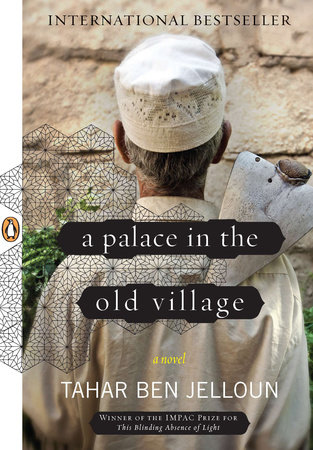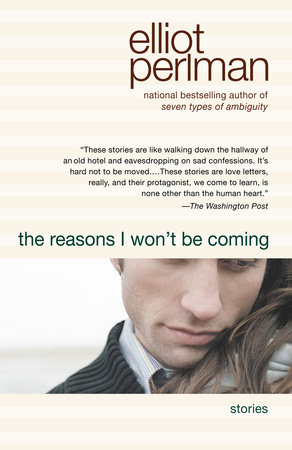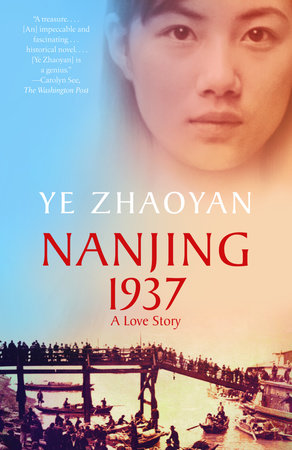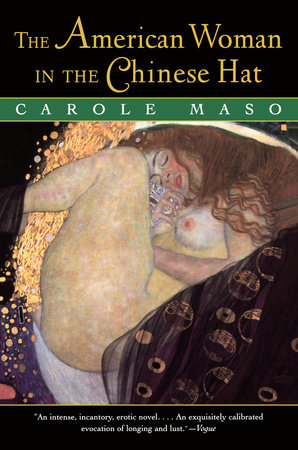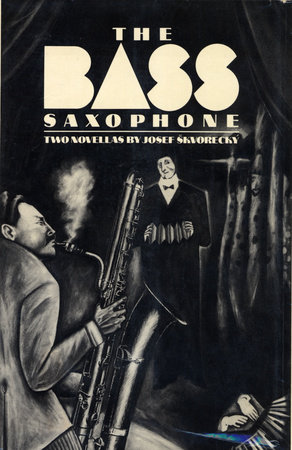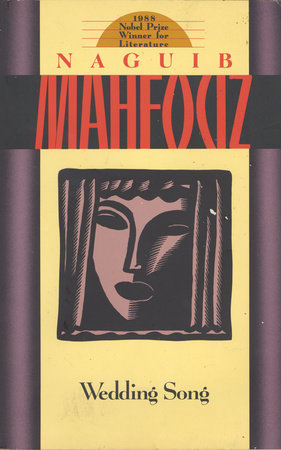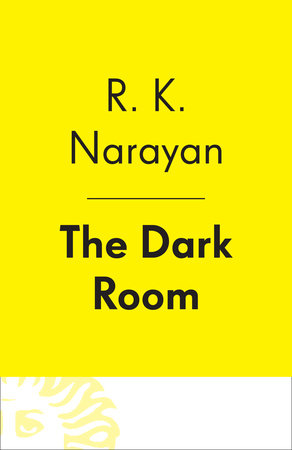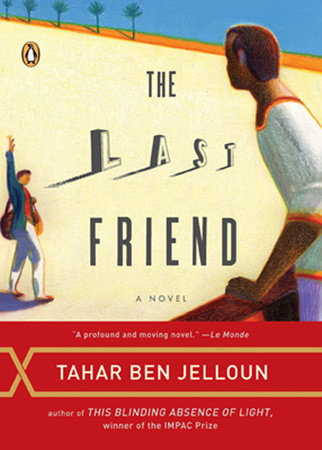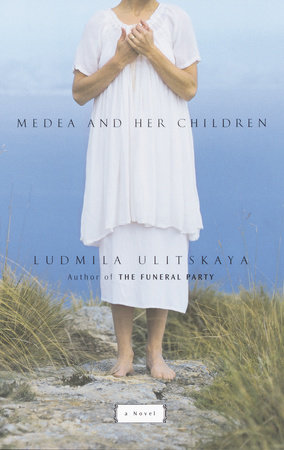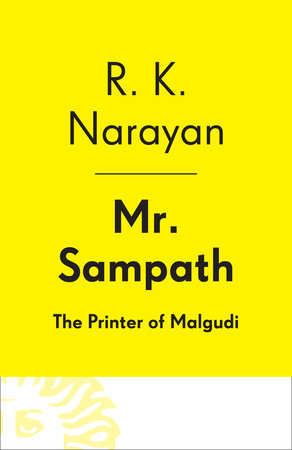You have been shortlisted for a Nobel Prize in Literature. Is this more of a burden than a source of inspiration to your writing career?Buzz about literary prizes must not interfere with a writer's work. I write without considering accolades. For me writing is a need and a pleasure. As Samuel Beckett said, "It's all I'm good at!" or in other words, writing is what I know how to do, and I still hope to improve.
Is it correct that A Palace in the Old Village is one of very few of your novels set in France? If so, why have you seldom written about your adopted country in your fiction?
A Palace in the Old Village is a fictional story that takes place between France and Morocco. This is not the first time I've written about France, but I have never used French characters in my novels. I write about Morocco, with Moroccan characters that live in Morocco or Europe. I think France has enough writers to write about France. I am happy to write about the country where I was born because it is a country of wonderful imagination.
You have said that it was a conscious decision to write your fiction in French rather than in your native Arabic. Could you explain the reasons behind this decision? Do you ever write and publish your work in Arabic?
I have always written in French and nothing but French. It is a decision I made the first time I set out to write. I spoke Arabic at home, on the Moroccan street also; but when I wanted to tell stories, I did so in French. I had a bilingual education, in Arabic and French.
You are likely the only Moroccan-born novelist known to most Americans. Are there other writers from Morocco or the Maghreb generally that we should be aware of?
As you know, American publishers translate very little of the literature they publish. I am very happy to have had a dozen of my books translated into English. This does not mean that I am known by most American readers, but I am a little known and studied in American universities. There is a young Moroccan woman living in the United States who writes in English and is published in America, she is Laila Lalami.
Your fiction routinely and courageously confronts sexuality. Has your writing about such taboo topics as prostitution, homosexuality, and pleasure marriage gotten you into any trouble with Muslim authorities around the world?
A writer must not be nice (a good boy). He upsets, unveils, denounces, knocks down taboos, particularly sexual ones. Islam encourages young people to learn about sexuality. There is a saying: "No discretion in religion," or in other words, you have to say things without falling into vulgarity or voyeurism. I have always tackled these questions without shame or precaution; Islamists have had no need for this in order to criticize me. But a writer must continue on his path, especially if he faces criticism.
Many readers will naturally wonder how much you identify with the protagonist in the novel. How would you characterize your relationship with Morocco? Are your children more assimilated in France than you? Has France "devoured" them? Is Mohammed's strained relationship with his children and with France typical of immigrants of his generation?
I have a strong bond with my homeland. I am not an exile or an immigrant separated from his country. My children love Morocco (two of them actually live there).
The story of Mohammed is characteristic of a generation that did not believe that one day its children would be more attached to France than to Morocco. This is the source of Mohammed's drama. He discovers his children are no longer his own. He does not realize that he cannot get them back, as he attempts to do in the novel. This rupture is very normal now. For children of immigrants, their parents' homeland is a place to spend a vacation, not their home.
Many Americans watched with horror and a sense of familiarity at the rioting that erupted in immigrant sections of Paris and other French cities. Are these tensions growing worse in this difficult economic climate? Is Le Pen's anti-immigration platform gaining popularity? Is French society as deeply divided as it is portrayed in the international media?
The uprising of young people in 2005 was a rebellion of young French people of immigrant backgrounds; it was not the doing of immigrants. In general, immigrants are peaceful: they work, raise their children, pay taxes, do not protest. But their children, because they are ill-considered by the French government (unemployment in the suburbs where they live surpasses 45 percent), are not recognized; we fail to give them a proper education and do nothing to help them leave their impoverished neighborhoods where delinquency is easy. Le Pen's party takes advantage of this and groups immigrants and their children together. So France has not yet found serious solutions to this crisis, and it will break out again any day. France's international image is not good because there is no positive and constructive political position towards this generation of young French people who are victims of exclusion and racism.
In a Paris Review interview, you said you tell your stories "like a Moroccan storyteller." Could you elaborate on this? How is this different than, say, a French storyteller?
Morocco is a country that inspires one to tell its stories. I consider myself a storyteller-writer, not an oral storyteller like those that exist in public spaces. There is something of the irrational in this country; truths are not always evident; there are mysteries, legends, myths. This is the material of a writer-storyteller. The story captures the reader's attention and serves as a guide through a labyrinth like J. L. Borges's. The more problems encountered, the more material the writer can exploit. There is no literature of happiness; there is only literature of the absence of happiness.
Michel Houellebecq recently won France's Prix Goncourt for his novel, La Carte et Le Territoire. As one of the judges, you had publicly opposed his nomination. Could you explain your reasons? Does Houellebecq pose a threat to the future of the novel in France?
Michel Houellebecq is famous in France and abroad. But his literature is fairly flat and conventional (aside from his first two novels, which are good); there is no style; he himself believes that style is not important. For me, the thing I love most about an author is his style, his interior universe, that which is particular to him. Houellebecq's last novel is flabby, there are no strong moments; he has erased the aspects of his work that made it original. He has become "correct." That is why I didn't like his last book and I said so in August. But my friends in the Académie Goncourt loved the book; so because I am a disciplined democrat, I congratulated the winner the day he won the Goncourt Prize, which is the most prestigious distinction in France.
What are you working on now?
I am working at the moment on a particular novel about Morocco; it is called Morocco-Novels. I am trying to talk about Morocco using all literary genres. I finished a novel on mixed-race marriages called The Man That Loved Women Too Much. It is the story of an artist who has a stroke and cannot paint anymore, of his life and why he suffered this attack. In the second part of the novel his wife responds; thus it is two versions of a novel.
